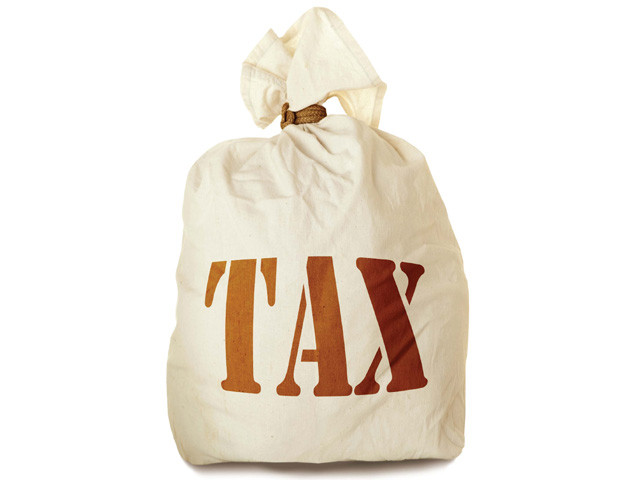Inequitable taxation
The problem with Pakistan’s tax structure is that it offers far too many exemptions to far too many industries.

It makes no sense to give an even bigger voice to groups whose pernicious influence is responsible for our highly distortionary tax code in the first place. DESIGN: ESSA MALIK

We are not opposed to the idea of offering business groups a seat at the table when decisions about tax policy are being made. The Constitution guarantees that all citizens have the right to freedom of association and that people have the right to lobby the government to make their voices heard, even those we disagree with. But the problem with Pakistan’s tax structure is that it offers far too many exemptions to far too many industries. In such a scenario, it makes no sense to give an even bigger voice to groups whose pernicious influence is responsible for our highly distortionary tax code in the first place.
Finance Minister Ishaq Dar appears to be quite proud of having given in to all 26 tax proposals made by the business community to the government. He is about to find out very quickly that such demands, while making those lobbyists and the businesses they represent quite happy, will most likely hinder the ability of the government to collect the revenue it needs to provide basic services to ordinary citizens of the country.
Those ordinary citizens, meanwhile, pay the overwhelming bulk of taxes in the form of sales taxes and other indirect taxes on much of what they purchase and consume. We do not deny the need for a sales tax, but would like to ask the government why a poor schoolteacher must pay taxes on everything she buys, while a billionaire exporter owes hardly any taxes at all on his profits. Such inequity makes no sense and the government needs to take firm action to get rid of these kinds of distortions in the system. That goal of equity, however, is unlikely to be given voice by the very people who benefit the most from the current unjust system.
Published in The Express Tribune, March 11th, 2014.
Like Opinion & Editorial on Facebook, follow @ETOpEd on Twitter to receive all updates on all our daily pieces.


















COMMENTS
Comments are moderated and generally will be posted if they are on-topic and not abusive.
For more information, please see our Comments FAQ